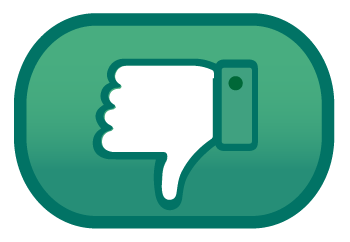Per Military Rules of Evidence (MRE) 514 - Victim-Victim Advocate Privilege, communications between a victim and Safe Helpline staff for the purpose of receiving advice, support, or assistance is privileged information in cases arising under the Uniform Code of Military Justice. Privilege, authorized by law or rules of evidence, allows the holder of privilege to refuse to disclose and to prevent another from disclosing private confidential communications.
This is the same Military Rule of Evidence (MRE) 514 that keeps the communication between a victim and Sexual Assault Response Coordinators (SARCs) or Sexual Assault Prevention and Response Victim Advocates (SAPR VAs) as privileged information.
There are some exceptions to confidentiality and privilege that Safe Helpline, like all other support service organizations, must follow. Please see these exceptions below:
Exceptions:
These exceptions relate specifically to a user’s imminent safety, any threat of harm by a user to someone else, and the user’s membership in a protected class (these protected classes vary by state; you can learn more here).
Safe Helpline staff members are still mandatory reporters if users disclose one of the following situations:
- Neglect and abuse of a child, disabled individual, or the elderly.
- Exhibits suicidal ideation.
- Threats to harm others.


